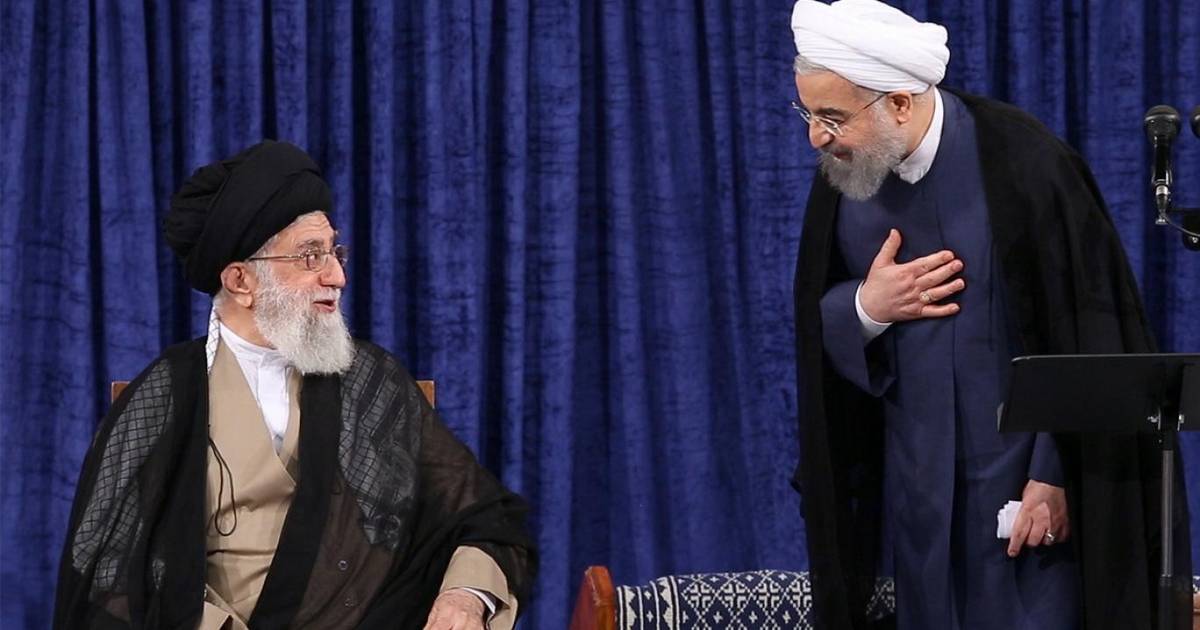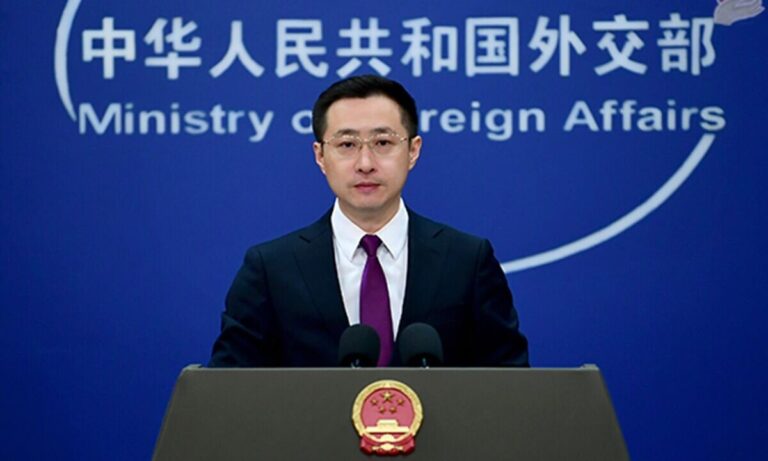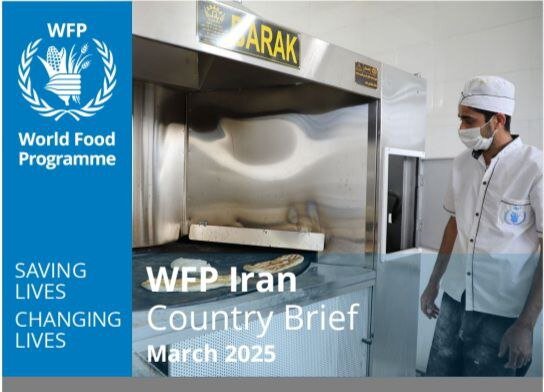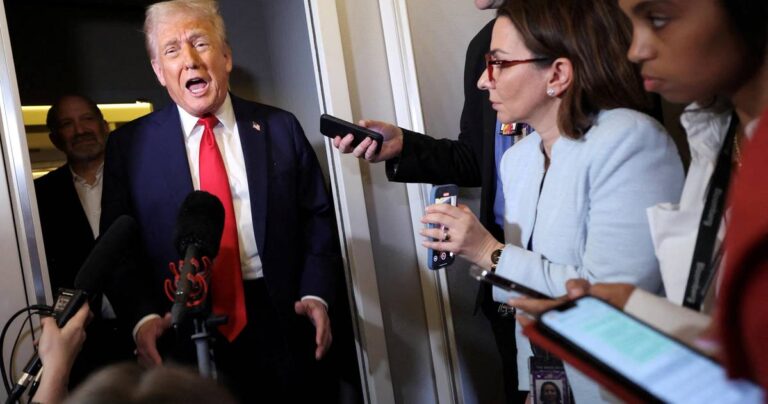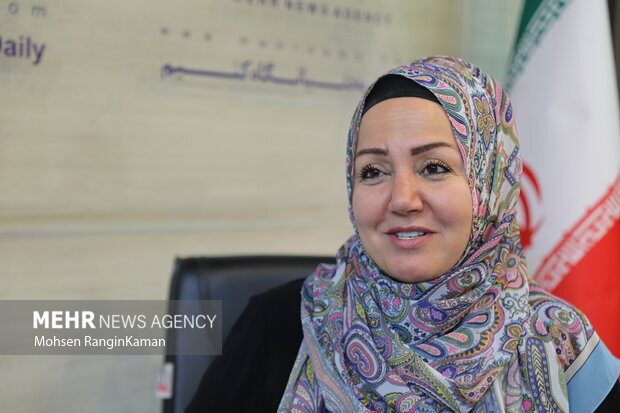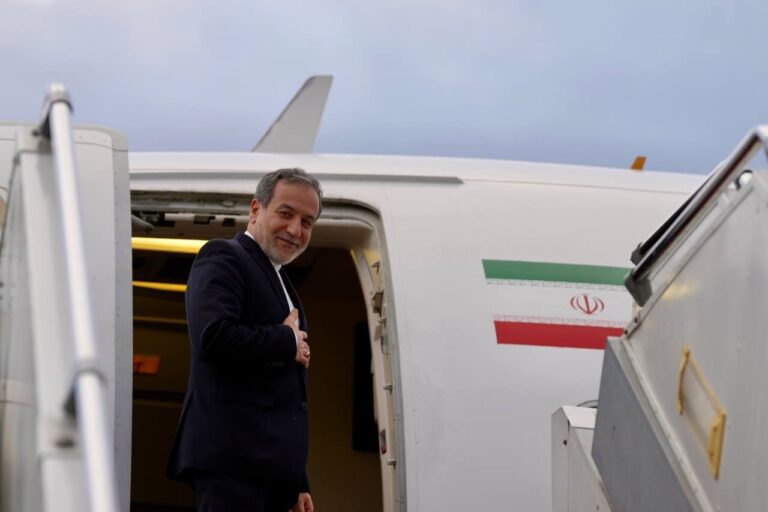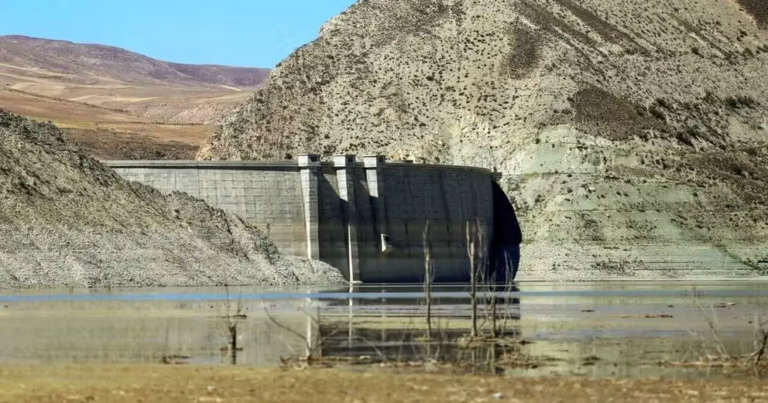Iran’s Former President Accuses Tehran of Fumbling US Nuclear Deal Negotiations
In a recent interview, former President Hassan Rouhani revealed that his administration was on the verge of reviving the 2015 nuclear deal during President Biden’s early term. However, internal divisions within Tehran ultimately thwarted this significant opportunity. Rouhani expressed that “Biden’s election was a golden opportunity for the Islamic Republic,” emphasizing the potential for restoring the nuclear deal in 2021 had it not been for political disputes surrounding the presidential succession.
Rouhani, who held office from 2013 to 2021, recounted that his chief negotiator at the time, Abbas Araghchi—who is currently serving as Iran’s foreign minister—had successfully reached a preliminary agreement with Robert Malley, President Biden’s special envoy for Iran. This agreement was intended to pave the way for the revival of the nuclear deal.
However, the situation took a turn when Malley was placed on unpaid leave in April 2023 amidst an FBI investigation concerning his management of classified information. A report from the Wall Street Journal in September noted that Malley had inadvertently clicked on a phishing link that compromised his personal email, potentially exposing sensitive documents.
During Malley’s time in office, the Biden administration adopted a more lenient approach in enforcing US oil sanctions on Iran, which had been imposed by the Trump administration in 2018. As a result, Iranian oil exports, which had plummeted to about 250,000 barrels per day in 2019 due to Trump’s maximum-pressure campaign, rebounded to nearly 2 million barrels per day during Biden’s presidency.
Rouhani pointed out that the agreement negotiated by Malley and Araghchi would not only have facilitated the US’s return to the nuclear deal but also reversed several Trump-era policies. This included lifting sanctions on the office of Iran’s Supreme Leader and removing the designation of the Islamic Revolutionary Guard Corps (IRGC) as a terrorist organization.
Following Rouhani’s presidency, which could have continued as he was eligible for a third term under Iranian law, he was succeeded by hardliner cleric Ebrahim Raisi in June 2021. Raisi’s administration resumed discussions with the Joint Comprehensive Plan of Action (JCPOA) signatories, but negotiations ultimately fell apart following Russia’s invasion of Ukraine.
In light of these developments, Rouhani attributed the failure of negotiations to internal power struggles, stating, “Some were more concerned about preventing my administration from achieving success than about the national interest.” His comments reflect the complexities of Iran’s political landscape and the challenges faced in diplomatic negotiations.
Moreover, Rouhani’s remarks come on the heels of his previous statements suggesting that Supreme Leader Ali Khamenei’s firm stance against direct negotiations with the US might not be entirely unyielding. This perspective stands in contrast to Khamenei’s public assertions. Nonetheless, with the prospect of Trump returning to the presidency, Rouhani acknowledged that engaging with Washington would become increasingly arduous. He stated, “Working with Trump is extremely difficult and complex. I hope our officials find a way forward.”
As tensions between the US and Iran continue to escalate, Rouhani’s insights provide a glimpse into the varying opinions within Tehran’s leadership regarding how to navigate relations with Washington, both historically and in the future. The contrasting views illustrate the intricate dynamics at play as Iran grapples with its diplomatic strategies amidst internal divisions and external pressures.
In summary, Rouhani’s acknowledgment of the missed opportunity to revive the nuclear deal highlights the critical role of internal politics in shaping Iran’s foreign policy. The ongoing dialogue about how to approach negotiations with the US remains a contentious issue, with significant implications for both nations. As the geopolitical landscape evolves, the need for a coherent strategy will be essential for Iran’s leadership moving forward.
